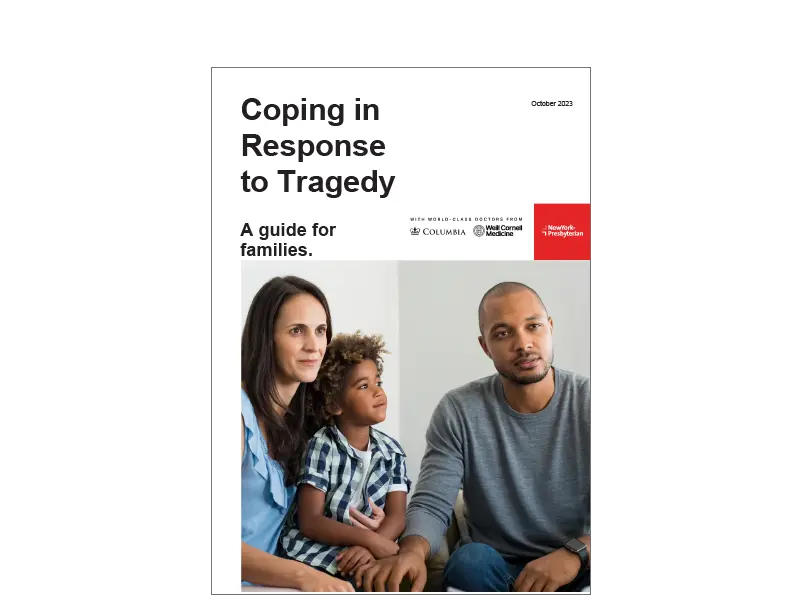Creating space for your child to open up can help them feel supported and understood. The key is to be patient, remain open to their feelings and avoid lecturing, as this often makes people less willing to share. Remember, you can’t solve all their problems and some young people may feel more comfortable speaking to someone who isn’t family about certain topics.
Support for families
We’re here to guide you through the first steps in helping someone facing mental health issues, including helpful information on a range of issues facing young people today.



Make space to talk

Resources and information for parents with children experiencing mental health concerns
Health insurance
A good starting place in your search for a therapist (psychologist, licensed mental health social worker, psychiatrist) and services (individual therapy, medication management, day programs, group therapy) is with your insurance. They can provide you with a list of providers that participate with your particular insurance and should also be able to tell you which providers are accepting new patients.
Primary care provider
Your primary care provider can give you a list of therapists in your area. You will likely have to follow up with your insurance company or the therapists to make sure they participate with your particular insurance.
School counselors
School counselors are a great resource and will have lists of therapists and agencies in your area, including information on treatment specialties. They may not have information on which providers accept your insurance, so be sure to check with your insurance company to make sure that your therapist is covered.

FAQ for families
Helping a young person get treatment is an effective way to improve their mental health. It can be a confusing process for parents and families, so we’ve provided some answers to common questions informed by our experience in treating young people.
Coping with Tragedy Resource Guide
The Center for Youth Mental Health at NewYork-Presbyterian is committed to supporting families who are struggling to understand and cope with terrorism, violence, hate crimes, and other tragedies. This resource guide is intended to offer support and strategies for coping with fear, horror, and hopelessness in these very challenging times.




